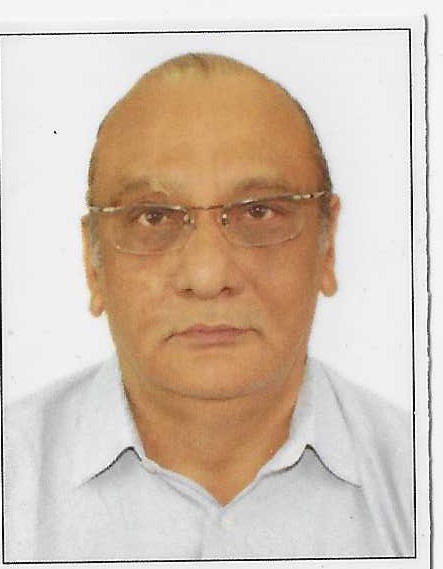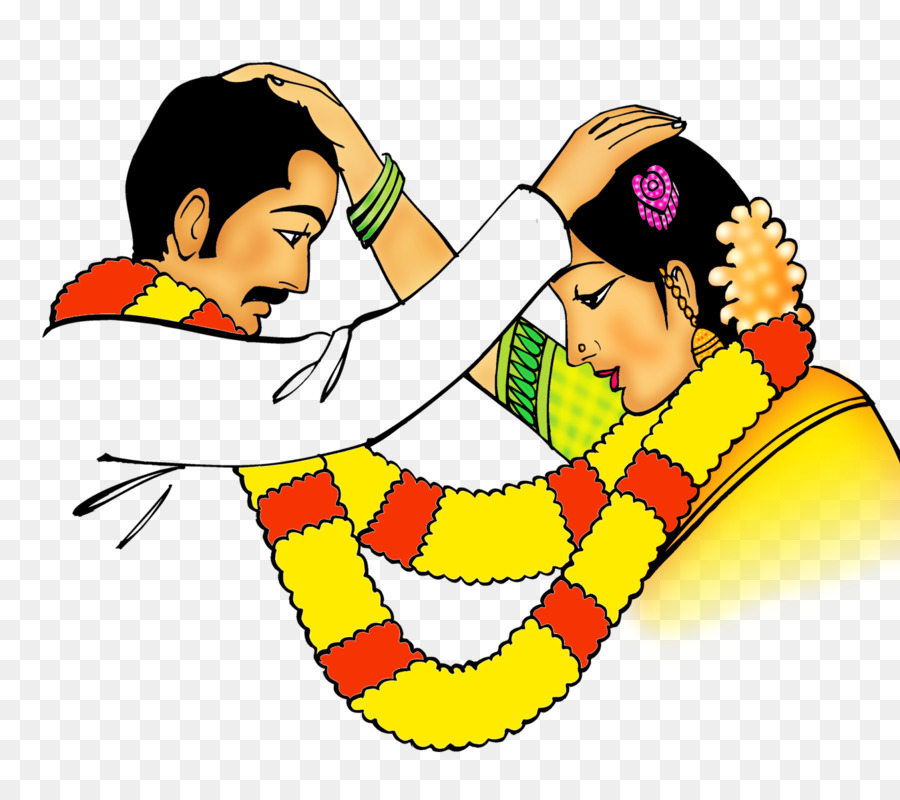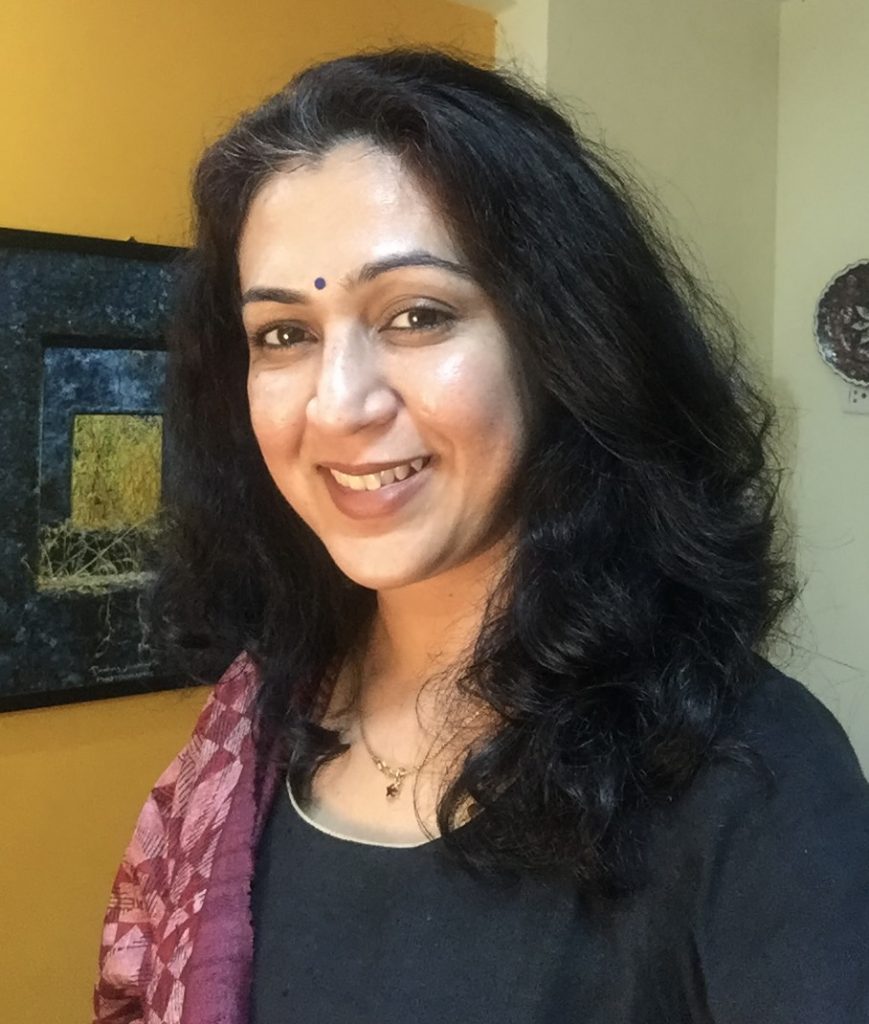Goa is abuzz with excitement as vintage bike and car owners, users, collectors and fans are decking […]
WHY ARE SO MANY MARRIAGES FALLING APART… In today’s times?
July 01- July 07 2023 June 30, 2023Is the time-tested old-fashioned institute of marriage becoming obsolete? See how so many marriages are falling apart in today’s scenarios. Goanobserver.in asked a few ex-husbands and ex-wives to throw some light on a most vital subject…is there a future for marriage or is it becoming redundant, obsolete, old-fashioned, passé, not worth it!

VIKRAM S VEPA, 40 years marketing experience in sales and marketing with Apollo Tyres, TTK Prestige, Total Petroleum, Firestone East Africa, currently certified coach to senior corporate executives; 64.
A marriage is defined as the legally or formally recognized union of two people as partners in a personal relationship. So, when does a marriage fail? When it is legally invalidated? Or, when the two people are no longer partners? Does one lead inevitably to the other? I think what is more important is the drifting of minds, the different paths that are taken. I have been a party to both these types of a failed marriage. First, we stopped being partners, then we got a decree to formalise the falling apart. Which hurt most? Undoubtedly the “go your own way” path, the rest was just a formality.
The one major reason I believe that people are dissatisfied with their marital life today is a “mismatch of perceptions.” To go with the modern –day penchant for acronyms, this MOP is probably the most important factor for discord. Of course, I am talking of urban India mainly when I make this claim. There are many instances of physical abuse and dowry harassment, but I do not take that to be the norm. The educated youth have gone beyond such mundane issues! The seeds for this non meeting of minds have been planted much earlier, in some cases even before the couple met.
Let me explain “mismatch of perceptions” and my reasons for rating this the number one destroyer. I have found that most youngsters are looking for role models while selecting a spouse. Invariably the male wants a woman to give him the same comforts his mother gave him, plus unconditional sex on demand. The female is seeking a father figure, who will pamper her, treat her like a princess. She is looking for the same when it comes to sex as well. She wants to be wooed emotionally, to be told that she is the most desirable person, and sex should be a wonderful culmination of a great romance.
Alas, all these perceptions are doomed to failure because of the inbuilt dissonance.
This MOP is further exacerbated with the breaking of gender roles, the growing emancipation of women. The youth of today are not able to handle this breaking of traditional roles, which they have seen growing up. This is where the marriage starts to fall apart. The husband believes that although both may be working, and he is willing to help in the home management, the kitchen is the responsibility of the wife. The wife wants household chores to be shared, yet surprisingly, wants to have some modicum of control over the running of the house. It is these contradictions that lead to a further split. There is a gulf that widens if not addressed immediately.
There are exceptions to the rule, but they are few and far between. The social conditioning that most Indians have gone through make these perceptions the norm. While I was trawling through some marriage sites, I found the phrases “adopt the family values” and “be a part of the family” as the most used phrases. Marriages are between two individuals and that nuclear setup must find the balance between common goals and familial expectations. So long as the two individuals enter in this contract with pre-conceived expectations, and find them not being fulfilled, the entire institution of marriage as historically depicted, will be under a lot of strain.

Anand Rao, Air bnb host, 38:
First of all and speaking for myself personally in a marriage fallen out, all I can say is we are two strong headed individuals, who got so caught up in our own lives, that we could not nurture and make the relationship grow. In today’s fast paced lives, we are all becoming more now than ever caught up within ourselves, often finding little time for anyone else, including the person we have decided to spend our life with. Call it self-absorbed, self-love, self-care or self-preservation, call with whatever, what is resulting in relationships suffering. We are unable to often see beyond our problems, fears, insecurities and everyday life and before we know it there is this gap in the relationship we are unable to bridge. Two individuals, who made a lifelong commitment grow apart and are no longer necessarily dependent on each other for most things or sometimes anything. Needless to say it gets isolating and lonely to live life along but it also brings with it this great degree of freedom and independence, which one almost gets used to or like I love to say “married too.” The other reason is that with time, one also falls out of love. You realize you are not making each other happy or bringing out the best in each other and do not want to spend your life being unhappy or second guessing if you could be happier. Finally, I feel being single is no longer looked at as a taboo and hence people are not afraid to make the choice of being single again.
TILL DEATH DO US PART? OMG!

SATYASHREE GANDHAM, global citizen, was happily married, now happily single. She owns and runs Café Simply Sourdough at Caranzalem in Panaji, Goa, and says “I’ve lived in various countries and am Jill of many trades and mistress of a few including software, journalism, filmmaking and now sourdough baking!” Satya is very infectiously positive!
“She can’t hold a marriage.” “She is a divorcee.” “She earns more than him.” “She can’t produce a boy.” “She is too independent.” “She cannot adjust with her in-laws.”
How many of these charges of social indictment are made for men? I for one have not heard a single one of these labels applied to men except in the form of honest confessions from my men friends. It almost seems like it is a woman’s responsibility to keep a marriage together. And if that be the case, it is only fair that I discuss women’s role in general. I am obviously referring to heterosexual couples because India is not progressive enough to celebrate same-sex relationships, leave alone marriage.
What is the definition of marriage? Does the whole meaning lie in the vows taken at the altar or around the agni? Obviously there is no such thing as “happily ever after” so why even bother? Statistics don’t help because the sample sizes cover people and not individuals. So why is even a discussion? Let’s turn it around. Why should you marry?
Growing up with parents is a child’s first introduction to the concept of marriage. Loving, arguing, partying, staying separate, cuddling, yelling, passive aggression, full power violence — in the living room and in bed, are all part of the same territory. Generations of conditioning is co-opted by the child to believe that it is a natural part of growing up to eventually step into a marriage and it is only a matter of how well one is able to tide over the stormy sea.
Previous generations uphold divine couple Rama and Sita but cannot convincingly explain why Sita was abandoned. They also worship divine Krishna and his paramour Radha but do not convincingly explain the abandonment of wife Rukmini. Switch to the present, Salman Khan and Brad Pitt are the new roles models. George Clooney for me please! Where is the marriage model?
If there is one model that has singularly affected the zeitgeist of the present day, it is the model of financial independence. This one phenomenon alone has been a giant leap for womankind where one has reversed the order of ESTEEM and LOVE AND BELONGING in Maslow’s hierarchy of needs.
Hear it from someone who has made it her life’s mission to spread awareness about the importance of financial education.
“Compared to our parents’ generation marriages, our generation of women appear to be more vocal about their needs in the marriage. Financial security, if not independence, does give women more confidence to ask for respect, space for their own career aspirations and a bit more sharing of care-giving responsibilities. Men seem too slow to adapt.” (Hansi Mehrotra, Financial Educator)
The indoctrination of marriage as a mandatory societal contract is now under question. How does one navigate pre-set expectations though? There is a whole new generation of women, young and not-so-young, across the world who are prioritising personal independence over life with a man in shining armour. Twenty-one-year-old Sudiksha gives a snapshot of what genX is grappling with.
“If you want a solution to any of your problems and ask the older generation, this is what you get:
‘Do you want to work? Get married! You want to travel? Get married. Oh are you gay? Then get married.’
It’s difficult to constantly listen to their taunts and reason with their logic. Many are forced into spending their life with someone completely unknown to them. Many on the other hand find marrying someone as a means to escape home or responsibilities, which in future can lead to a divorce due to their rash decision making skills. Yes, while the person getting married is responsible in this case, parents often play a major role in the whole ordeal. They do not teach their children how to deal with their spouse. Also, they set a bad example by constantly fighting with each other resulting in a traumatised or mentally unstable child. So in conclusion, “do not ask your parents, grandparents or relatives for solution to your problems.” (Sudiksha, Graduate, English Literature)
The pathos of our millennials is legitimate just as it is inspiring. It is encouraging to see them thinking and questioning and deconstructing the doctrine of marriage. It is the young leading the way. “Why are marriages falling apart?” is a question for the last century! Today’s question is “Why should you marry?”
I TOO DREAMED OF HAPPILY EVER AFTER….

MEETA SHARMA, 46, VP at an MNC in Mumbai, born and raised in Ratlam, Madhya Pradesh, lives independently since 2012.
You are asking me why are marriages falling apart? There is no one reason! Young women in our society till a few years ago were made to believe that marriage is the ultimate destination of their life. I was no different. I grew up with the same dream of getting married and I shall live happily ever after. I was trained to perform all household tasks. But was never taught how to work on a relationship. And I guess same was the case with my ex-husband.
I was born in a middle class family. Father worked all his life as a tax consultant and my educated and ambitious mother was a homemaker. I saw them living together despite disagreements and unhappiness with one another. I have grown up watching my relatives, friends of my parents, parents of my friends – all unhappy at some point in their marriage but never thinking of divorce.
This is how my marriage fell apart! It is a long and tortured story. I was made to believe that since I am manglik, it was taking longer than usual for me to get married. I was 28 when I stepped out of my hometown (a small town in Madhya Pradesh) to work, which alone was very unusual for unmarried girls my age, community and society. It was an act now described as way ahead of its time. All my friends had got married by now and were becoming parents.
I moved to Pune and through a placement agency found a job in Hyderabad and two years later returned to Pune, for better work opportunity. It was six years later that one of my friends created my profile on shaadi.com and proposals started pouring in. One of them was from the parents of a doctor who was based in London. His family belonged to the same community as us and they were rather keen on getting the marriage done. It was a “too good to be true” kind of scenario. The boy’s father had worked as a scientist in University of Vienna; studied at St Xavier’s School, Jaipur, then moved to Vienna for higher studies in medicine. He was practicing in London for six years.
My parents skipped all the matchmaking process because I was now 33. Some of their many astrologer consultants told them that after 28 mangal becomes docile or less harmful — so the process of horoscope matching can be overlooked. I was tall, slim, fair, convent-educated, belonged to a good Brahmin family and now a working girl – I checked out on basic parameters of being a bride! He was also a Brahmin boy, educated from good school, a doctor now practicing in London. He met every parameter of being a suitable boy.
The conversations started, his parents started dominating my parents with their demands. They would plan a visit to our hometown and not show up to our house, they started blaming us at every step about not being communicative enough to welcome them, etc. I thought, if I don’t get married now, I will never get married. My father thought we do not have any other option but to get married here as we have committed ourselves. My future in-laws forced my parents to arrange the marriage in Jaipur which was an unknown city for all of us. Yet, my father agreed.
Finally, the marriage was solemnized in Jaipur and it was agreed that my husband will visit our hometown for a reception that my parents organized. On the day of reception they refused to show up. My husband did not show up for his own reception, nor did any of his family members. It was just me alone on stage for 1,500 guests, in the place where I had grown up and my father had spent his entire life. With great embarrassment my parents tolerated the behaviour and sent me back to the house I was now married into. I, a newly wedded bride, travelled alone by train to my sasural.
One morning, my mother-in-law called for a meeting in a small flat in Mumbai, where they once lived. Here she announced that as per their family rules, the husband does not provide for me, for his wife, for three years. So I will have to fend for myself – either by working or my father should sent money for my needs. Shocked again, I started spending from my savings while my husband listened to every word my mothr. My husband followed every word that his mother announced. Turned out he was eight years older than me. They had lied about his age.
We finally moved to London hoping we will now live happily. His parents would want to talk to me every day on video call to observe what am I wearing, what color, how I am keeping house, etc. They made a huge fuss when one day I wore a white dupatta, or another day when I forgot to wear the mangalsutra. A month later his parents arrived in London and every day was an eventful day. Every morning after breakfast they would make me stand in the living room and complain about how our marriage was “not arranged properly,” how my parents and brother misbehaved. It was drama daily. I would only listen and urge my husband to speak up, he asked me to just listen otherwise there would be a big problem. He would say they are old and very sensitive people, they are only saying things out of concern.
They started posing conditions. Their first condition was I will never ask my husband to visit my parents’ house. He will never visit my parents alive or dead. Fast forward two months, my mother-in-law passed away because the doctor at the hospital gave her an overdose of morphine. I prepared the observation document for them based on which they won a huge compensation from the court. They did not let me participate in any rituals at home. One day very strangely, my father-in-law turned to me and said I had brought bad luck to the family because his wife died. He was a scientist fully aware of the happenings at Barnet hospital but he said something as ridiculous as this – it was another shock to me.
He then emotionally asked my husband to pose another condition on me – that I would continue to be his wife only if I agree that my child “if” and “when” born, will never visit my parents’ place. He mentioned that this was his late wife’s desire. My husband would run between the rooms like a puppet to convey messages. All this while when my father-in-law lived in London after mother-in-law passed away, and my husband never spent a minute with me. He did not even sleep with me in the same room.
After my father-in-law left for India my husband started with another past time and ait was to do background research on me while we were almost a year into marriage. He hacked my email password and would read my mails. He had installed a key logger on my laptop so everything I would do on my laptop, he would get a log. He continued sleeping separately from me. There was no physical intimacy between us ever since his parents arrived in London – which was two months after marriage. This man would visit India to meet his father, on his way back he would bring back another notorized court document. The document had three points listed – (i) there is lack of trust and difference of opinion among us; (ii) if we separate in future, I will not have any right on his property; (iii) if we separate in future I will not have any right to his earnings. Both his sister and he would force me to sign on the document almost daily!
As a family they would plot against me. I was all by myself. I could not even consult my parents in India on a time difference of four-and-a-half hours. I refused to sign the document. When the sister-in-law became insistent I asked her to show me a similar document she had signed with her husband – they claimed it to be normal procedure.
My father-in-law in India had a heart attack and was advised bypass surgery. My husband again travelled alone to India saying his family would not like it if we travelled together; he booked my ticket for three days later. He had initially asked me to book my ticket further on to my parents’ house on my own account. They needed a housekeeper while his sister and her husband would also be in India while their father recovered. A month later, when he arrived home my husband booked a train ticket for me and asked me to visit my parents in Madhya Pradesh, since I hadn’t visited them for over a year. So I went home to my parents.
What follows a week later was a divorce notice. No explanation, no reason, not even a phone call to discuss anything. I tried calling him 21 times on Karva Chauth as I had not eaten the entire day. He didn’t respond to my calls. It’s been 12 years now we haven’t met nor spoken to each other. The divorce continues to drag on in Indian courts. He has taken an order from the court in London for divorce which is not valid in India.
So after all this I believe a relationship as strange as marriage, is an effort in which both partners have to make an effort to make it work. It is not one person’s responsibility to keep a marriage working. Stand up for yourself and what is yours. Men are not trained to accommodate a stronger woman than their sister or mother in their lives. Parents need to learn to let their sons be on their own. Allow them to trust the new member in the family. For girls/women, do not enter in the relationship when there are so many red flags evident. The not married tag is alright. For me it is very difficult to trust again or to find a trustworthy man. It’s not impossible but I haven’t been able to find one yet. My final say on marital relationships is that don’t even enter into them if you see red flags everywhere. Trust yourself.
(Compiled by Goan Observer team)















